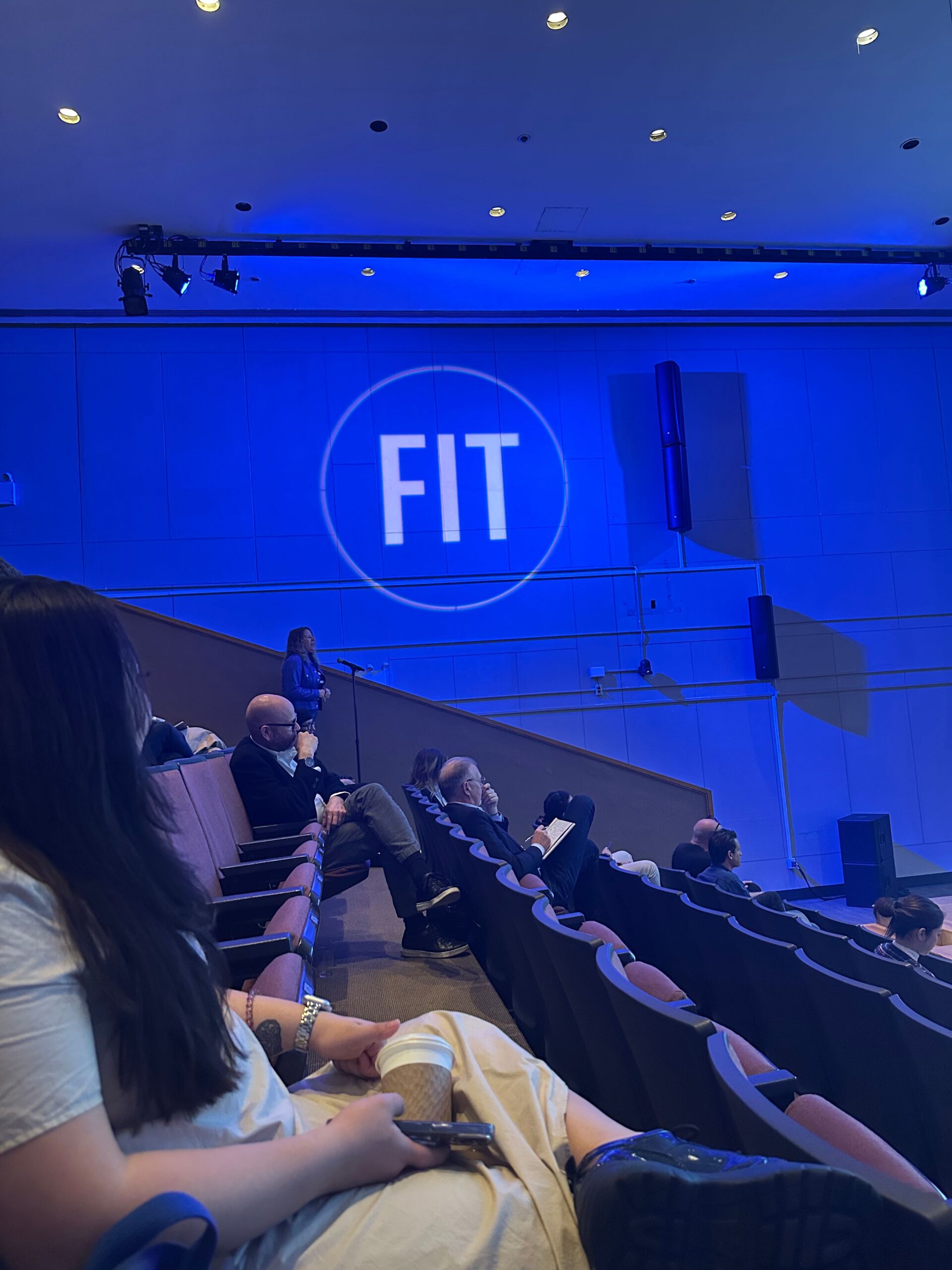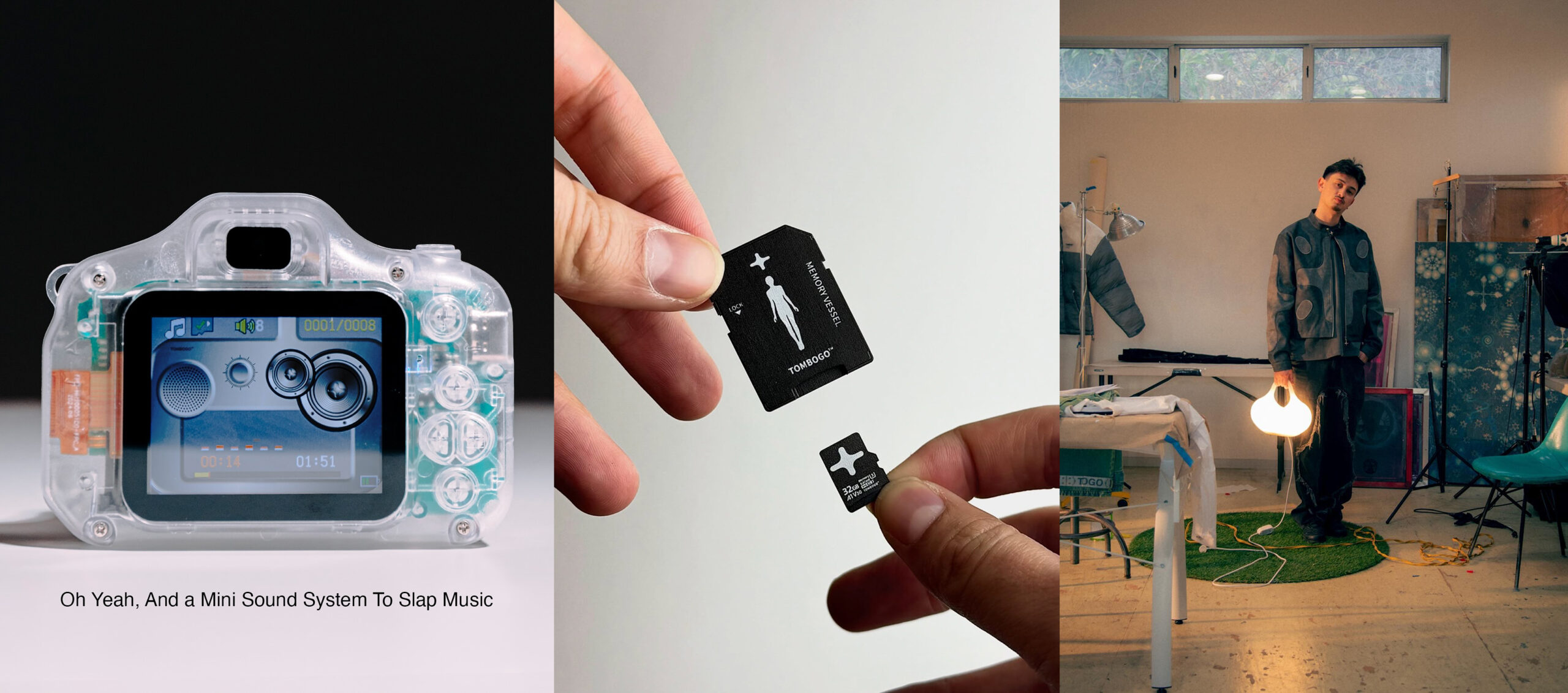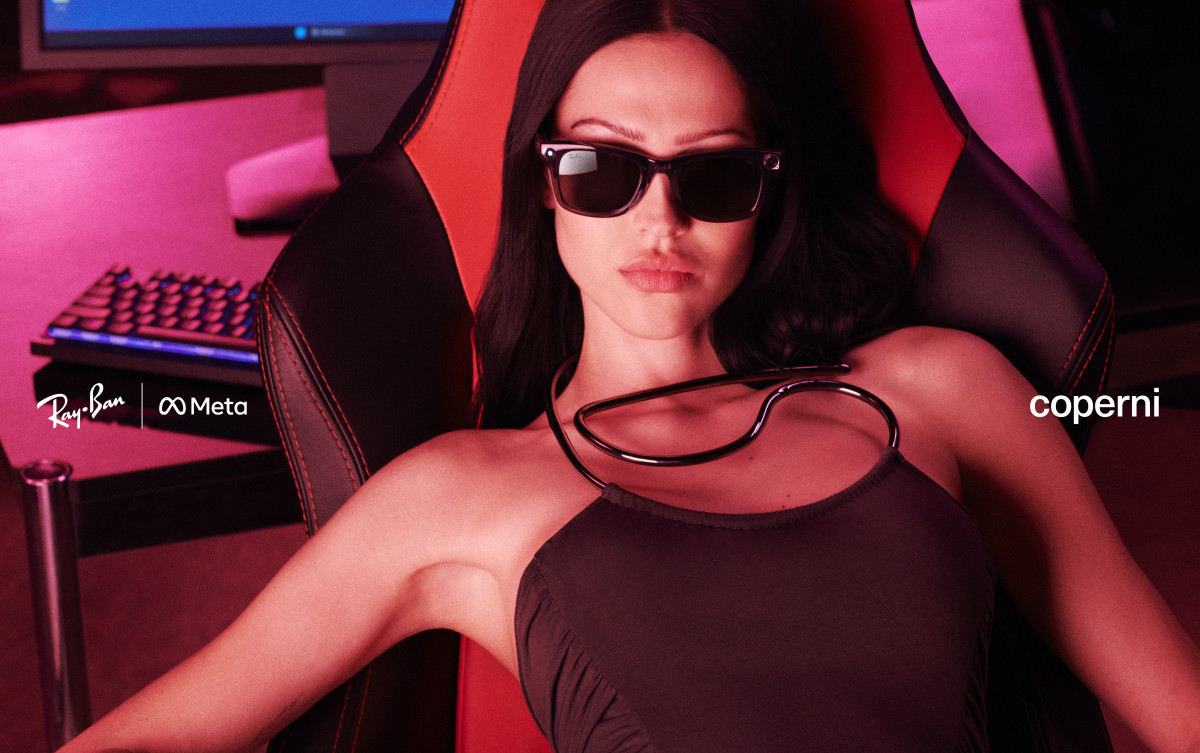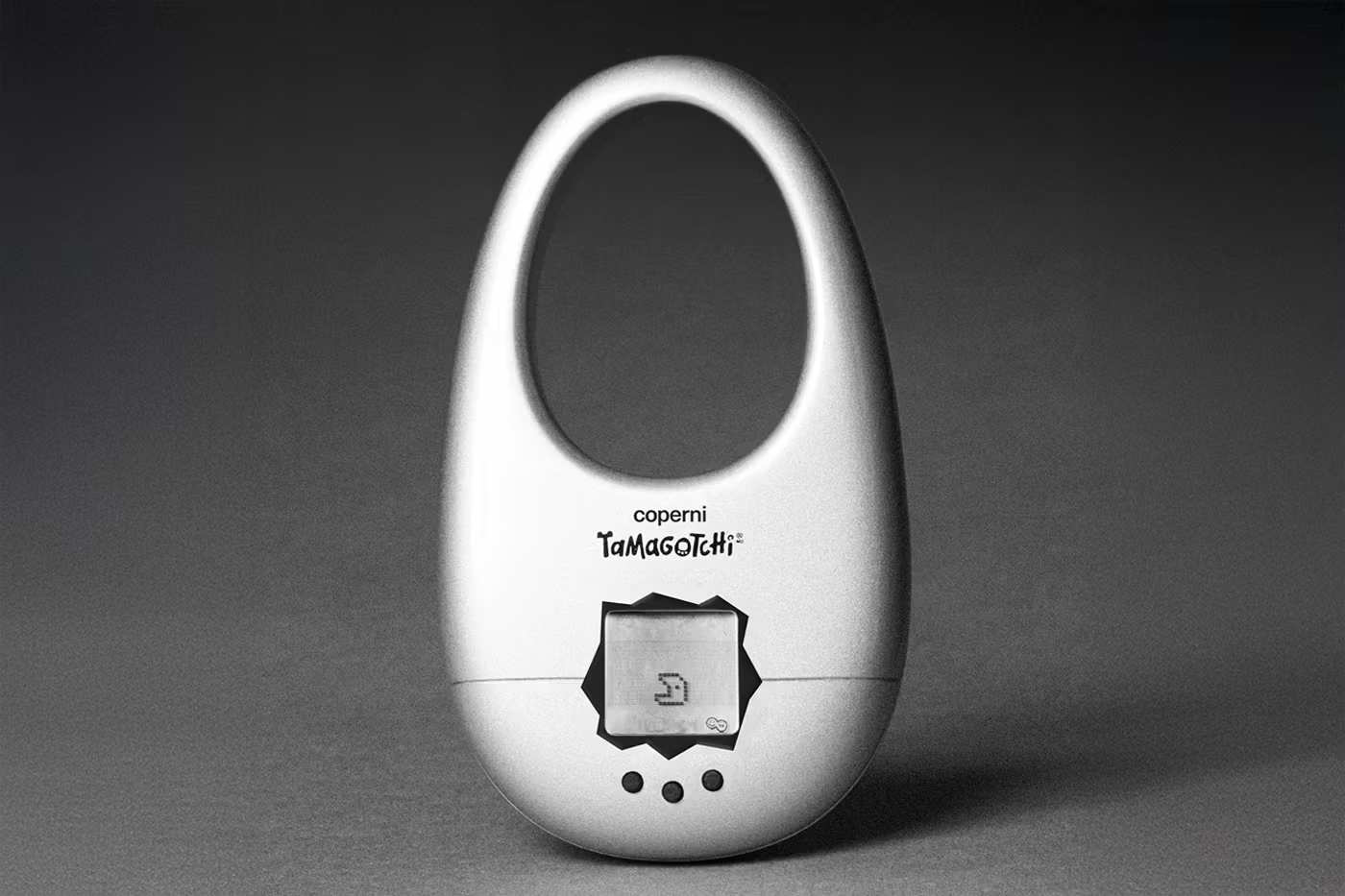The new Ralph Lauren dyeing system will revolutionize the way the fashion industry dyes cotton. In March this year, the company launched Color on Demand, a fashion innovation for dyeing cotton more sustainably.
Color on Demand is a multi-phased dyeing system that would make cotton coloring much faster, easier, and less harmful for the environment. This fashion innovation comes as a sustainability response to trillions of liters of water used for dyeing processes in the fashion industry and its impact on the environment. These processes contribute to around 20% of the world’s wastewater. The water used in the process requires much more rigorous processing to make it reusable. Color on Demand is a fashion innovation that will help water scarcity by using formulations that make the water easy to recycle and reuse.
In addition to its water-saving attributes, the system significantly reduces the labor and resources used in the cotton dyeing process. The system allows for reduced lead times by helping manufacturers dye cotton at any point during manufacturing. According to the project’s chief sustainability officer, “traditional color dyeing is one of the most polluted practices in our industry. As a global brand, we recognize the need to create a scalable solution.”
According to the company’s press release, Ralph Lauren dyeing system will make manufacturing sustainable and allow it to fulfill customer demands on shorter notice. The project involves four of the most innovative experts in the field including Dow, an expert in materials science; Huntsman Textile Effects, a global textile dye and chemical company; Jeanologia, a leading sustainable solutions provider with experience in fabric dyeing and close loop water treatment systems; and Corob, a global tech giant specialised in solution dispensing and mixing.
The first phase of Color on Demand optimized is the ECOFAST Pure Sustainable Textile Treatment, a pre-treatment formulation designed by Dow specifically for cotton. When used with the system, ECOFAST reduces water usage up to 40%, chemicals up to 85%, and carbon footprint by 60%, and takes up to 90% less energy compared to conventional dyeing processes.
Currently, Ralph Lauren is integrating the system into its current supply chain and will soon launch products using the technology. With this system, Ralph Lauren will aim to reduce extreme water usage across all of its operations by 2025. The company will use Color on Demand for more than 80% of its cotton products.
Recently, Ralph Lauren designed air-cool jackets for the team USA. The jackets are designed from sustainable materials and aim to reduce the environmental effect of stadium-wide air-conditioning by offering a mini AC within the garment.
If the new Ralph Lauren dyeing system is successful and adopted by more brands, fashion enthusiasts would be able to shop sustainable clothing. It will essentially create a dynamic shopping experience.
Ralph Lauren isn’t the only brand taking a step towards a circular economy. Recently, many well-known brands have launched sustainability initiatives. Check out Lululemon’s new vegan leather capsule.








